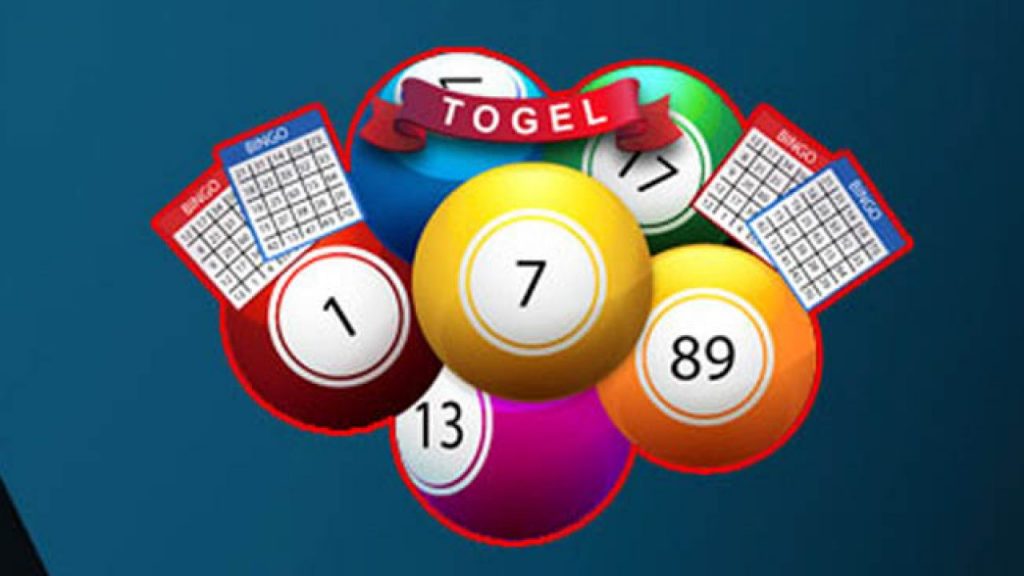Online lottery games have become a popular pastime, drawing millions of participants worldwide. The allure of these games lies not only in the possibility of winning life-changing sums of money but also in the psychological factors that keep players coming back, despite the odds being overwhelmingly against them. Understanding the psychology behind online lottery play can shed light on why people continue to engage in these games, often repeatedly, even when the chances of winning are slim. One of the primary psychological drivers behind online lottery participation is the concept of hope. The lottery offers a tantalizing prospect: the idea that, with just a small investment, one could potentially win a fortune. This hope is powerful because it taps into a universal desire for a better life, financial security, and freedom from daily struggles. Even when the odds are astronomical, the mere possibility of a big win is enough to keep people engaged. The excitement of imagining a different life—one without financial worries—is a compelling motivator, and for many, the hope of winning is worth the price of a ticket.

Another significant factor is the cognitive bias known as the near-miss effect. This occurs when a player comes close to winning but falls just short, such as when their numbers are only one or two digits off the jackpot. Research has shown that near-misses can be more motivating than actual wins, as they create a sense of almost having succeeded. This triggers a psychological response that encourages players to try again, believing that they were so close and that the next attempt might be the one that brings success. The near-miss effect can lead to increased play and even gambling persistence, as players chase the elusive win they feel is just within reach. Social and cultural factors also play a significant role in online lottery participation. Many people are influenced by the behavior of others, especially when they see friends, family members, or even strangers winning big. The visibility of lottery winners, often highlighted in the media, creates a sense of social proof, reinforcing the belief that winning is possible and that others are doing it. This can lead to a bandwagon effect, where people join in because they see others participating and believe they, too, could be lucky.
Additionally, in some cultures, playing the toto macau lottery game is a common and accepted form of entertainment, further normalizing the behavior and making it a routine part of life. Finally, the instant gratification aspect of online lottery games cannot be overlooked. Unlike other forms of gambling, such as sports betting or poker, lottery games typically offer immediate results. Players can buy a ticket, and within minutes or hours, know if they have won. This quick turnaround creates a fast-paced, dopamine-fueled cycle of anticipation and reward, which can be highly addictive. The ease of access to online platforms also means that players can participate at any time, from anywhere, making it even harder to resist the temptation. In conclusion, the psychology of online lottery play is complex, involving a mix of hope, cognitive biases, social influence, and the allure of instant gratification. These factors combine to create a powerful pull that keeps players engaged, often despite rational understanding of the long odds against them.
